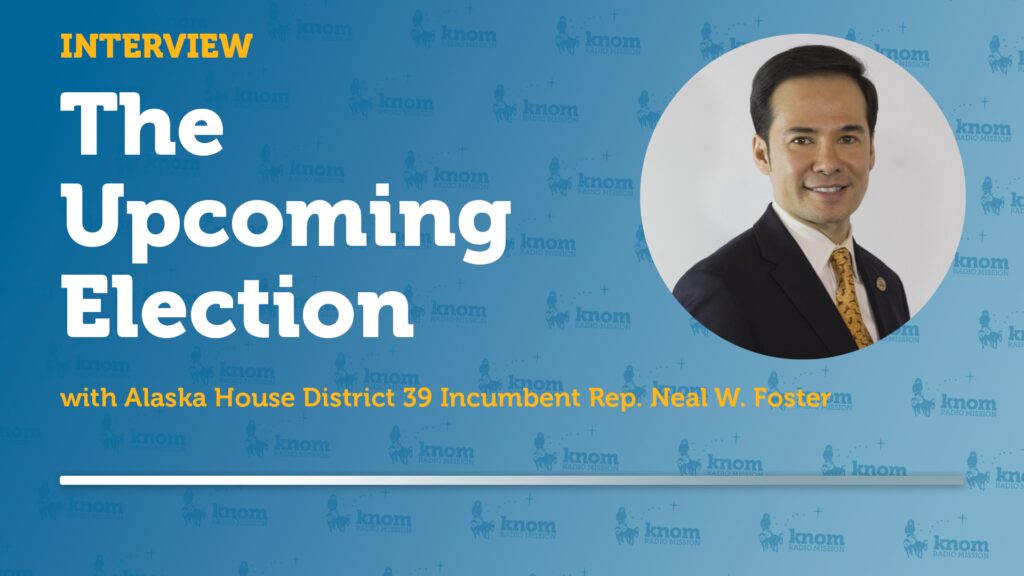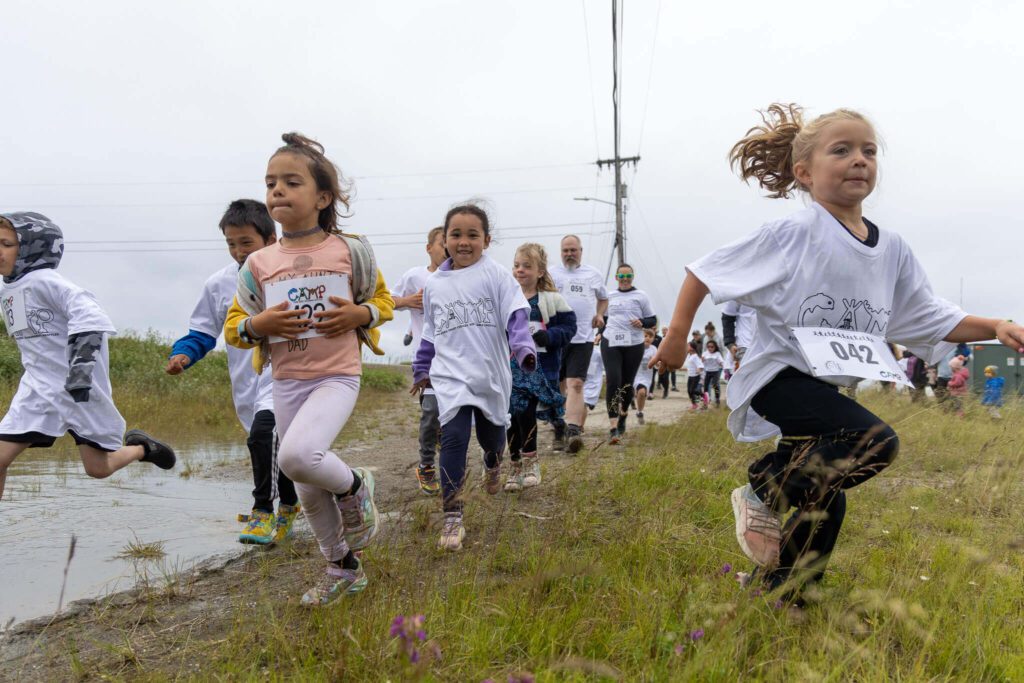TELLER, Alaska — Unalakleet will host next year’s regional basketball tournament for the Bering Strait School District (BSSD). The Board of Education made the decision Tuesday at a regular meeting in Teller, where district leaders debated how to solve an ongoing problem for host schools: overcrowded, unsafe gyms.
Fifteen years ago, the annual 1A basketball tournament rotated between schools across the district. But now, the number of teams has grown so much that most schools can’t handle hosting, according to BSSD Activities Director Jeff Erickson.
Erickson said hosting just half of the bracket overwhelmed the Teller school this year.
“Teller actually hosted it for Brevig Mission, because they had a little bit more seating,” he said. “Well, Brevig still came over here. Half of Shishmaref came down here. And a whole bunch of Gambell came to cheer their kids on. It created a real issue for facility size and safety.”
Erickson said the Nome Recreation Center and Nome-Beltz Jr/Sr High School are willing to host future tournaments, which would cut district spending on air travel. But, he said, having the tournament in Nome would cost more due to expensive ground transportation, meals, and housing.
Board member Frank Oxereok, Jr., argued that traveling to Nome is more affordable for players and fans from Shishmaref, Wales, and St. Lawrence Island. Board member Tia Wilson said Unalakleet provides the size and infrastructure the tournament needs while keeping the event’s revenue in a district community.
After a long discussion, the school board named Unalakleet as next year’s host. The motion passed with 7 votes in favor and 2 abstentions. Board members said they’ll pursue a long-term solution for the future tournaments.
At the Tuesday meeting, the board also approved a $56.9 million budget for fiscal year 2017. The financial plan is $2 million less than this year’s budget. In addition to cutting travel costs and teaching supplies, Business Manager Mark Vink said the district chose not to set aside money for capital improvement projects.
“Those are the three areas — capital projects, instructional materials, and travel — that have let us reduce our budget to basically keep it budget-neutral,” he said.
With Alaska lawmakers still balancing the state budget, though, Vink said the district may have to revise its budget later.







